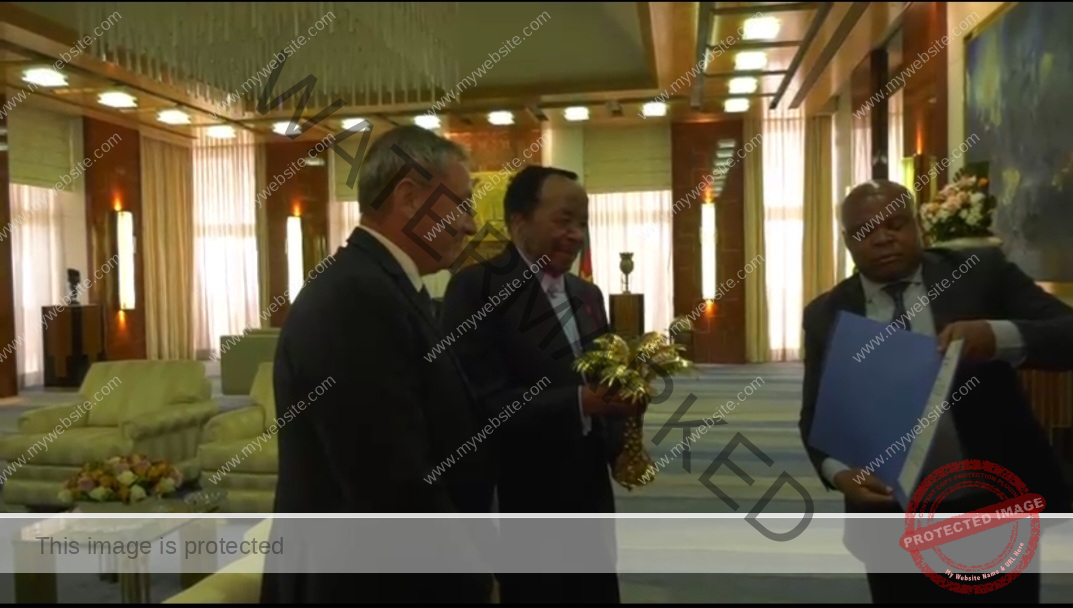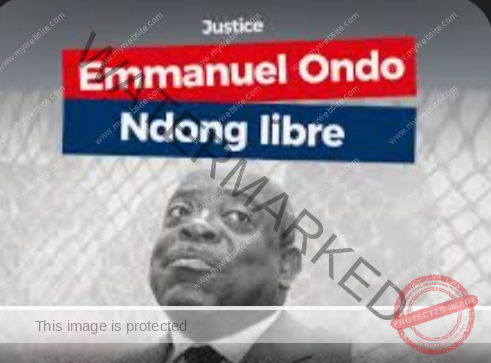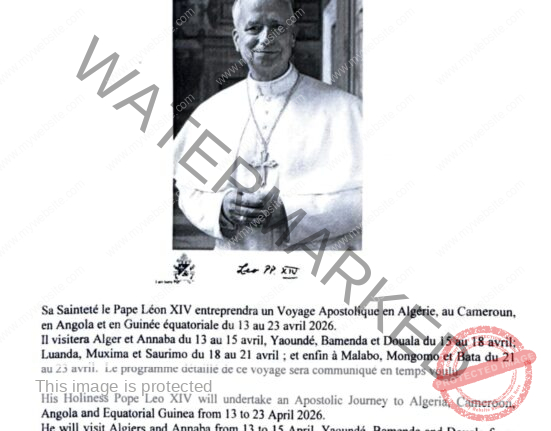Paul Biya has survived for over four decades not through statesmanship, but through instinct — the cold, reptilian instinct to adapt, shed skin, and wait motionlessly until the prey is within reach.
By The Independentist editorial Desk
On Friday, August 29, 2025, Cameroon’s Head of State, Paul Bathelemie Biya Mvondo, received outgoing French Ambassador Thierry Marchand for a farewell audience that lasted over ninety minutes. In his carefully worded remarks, the ambassador spoke of Cameroon’s “legendary hospitality” and lauded the “long-standing partnership” between Yaoundé and Paris. He praised the leaders of both countries for their “relentless efforts” to deepen “mutually beneficial” bilateral ties.
Diplomatic courtesies often carry more weight in what they conceal than in what they reveal. This farewell message is no exception.
France’s Formal Role
It is true that France remains a formal partner of both Cameroun and, indirectly, the wider Central African region. French cooperation has spanned areas such as education, culture, health, and security. Officially, France presents itself as a guarantor of stability, a supporter of economic development, and an ally in the fight against terrorism in the Sahel and the Gulf of Guinea. Diplomats like Thierry Marchand are mandated to uphold that image, and in the language of diplomacy, it is customary to emphasize shared values and goodwill.
The French Veil of “Hospitality”
Yet behind the glowing language of hospitality lies a darker history: France’s uninterrupted interference in Cameroon’s domestic and colonial politics. From the brutal repression of the UPC in the 1950s, through the manufactured “federal” arrangement of 1961, to the 1972 fraud that liquidated West Cameroon, France has played the role of architect and guarantor of subjugation.
When Ambassador Marchand salutes “hospitality,” he is in fact blessing the continued availability of Cameroon as a French neo-colony — a place where French companies plunder oil, timber, and bauxite under protection of French-trained security forces, while local populations languish.
Biya’s Reptilian Instincts
Paul Biya has survived for over four decades not through statesmanship, but through instinct — the cold, reptilian instinct to adapt, shed skin, and wait motionlessly until the prey is within reach. He has mastered the art of outliving opponents, buying loyalty, and weaponizing repression.
The timing of Marchand’s departure is telling. Biya, now over ninety, is fading from Cameroon’s electoral scene, but his system of control remains intact. France has already positioned its pawns to ensure that whether Biya stays, exits, or dies, the neo-colonial pipeline remains unbroken.
Ambazonia’s Stand
For Ambazonians, this ceremony is not an innocent farewell. It is another reminder that France continues to dictate the political future of a territory it has no right over. Southern Cameroons was never part of La République du Cameroun at independence in 1960. Our struggle is not an “internal problem” of Cameroon; it is a problem of international law — the denial of self-determination and statehood.
Biya’s reptilian instincts, coupled with France’s underhand practices, are the greatest threats to Ambazonian independence. France speaks of “mutual benefit,” but for Ambazonia, French policy has meant scorched villages, displaced populations, and an attempt to erase our identity under the false banners of bilingualism and multiculturalism — ideas we never voted for.
A Word to the World
As Biya and Marchand exchange pleasantries in Yaoundé, Ambazonia reminds the world that no amount of diplomatic language can mask the reality: Southern Cameroons is occupied territory. No farewell message, no election ritual, and no French endorsement will change that fact.
Ambazonia stands resolute. Our independence is not negotiable, and no reptilian instinct will outlive the determination of a people to be free.
— The Independentist editorial Desk





















Leave feedback about this